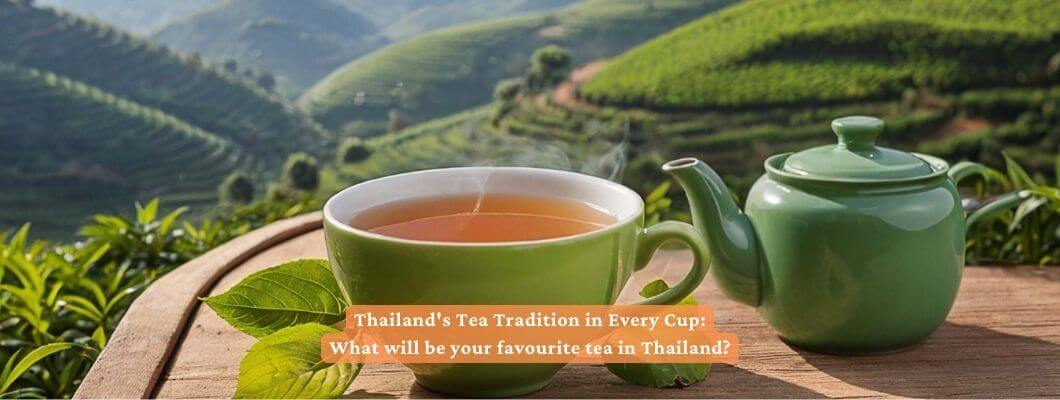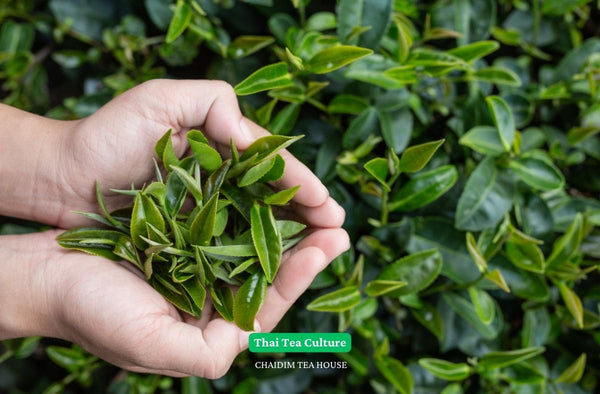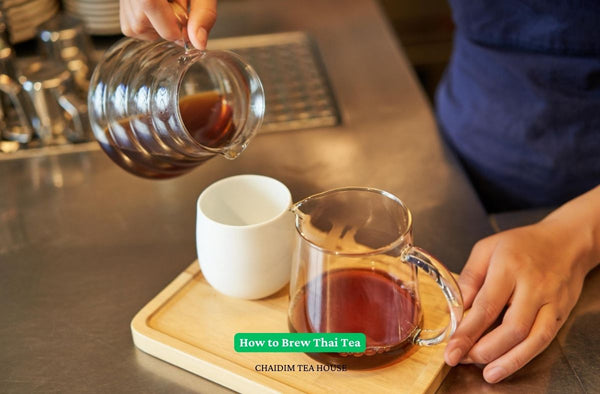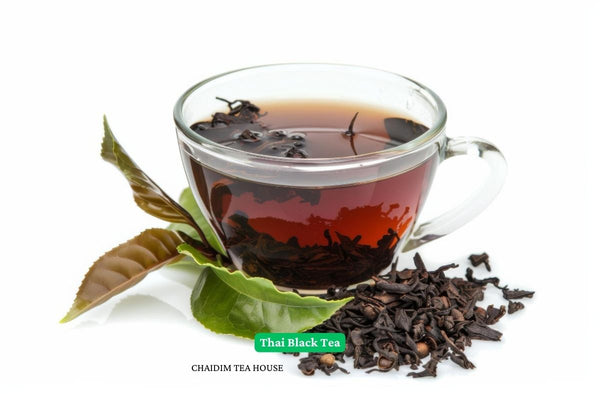
Thailand's Tea Tradition in Every Cup: What will be your favourite tea in Thailand?
The History of Tea in Thailand
Tea, or "Cha" in Thai, has a long and storied history in Thailand. The tradition of tea drinking was introduced to Thailand by Chinese immigrants, and over time, it has become an integral part of Thai culture. The northern region of Thailand, particularly the province of Chiang Rai, is known for its tea plantations due to its cool climate and high altitude, which are ideal conditions for tea cultivation.Thai Tea Culture

Thai Black Tea
Thai black tea, known as "Cha Dam" in Thai, is one of the most popular types of tea in Thailand. It's known for its strong, robust flavor and dark color. Thai black tea is often used in the famous Thai iced tea, which is a sweet and creamy beverage that's a favorite among locals and tourists alike.Thai White Tea
Thai white tea, or "Cha Khao" in Thai, is a delicate and subtly flavored tea. It's made from the young leaves and buds of the tea plant, which gives it a light, sweet flavor. Thai white tea is often enjoyed on its own, without any added flavors or sweeteners, to truly appreciate its delicate taste.Thai Camomile Tea

Understanding Thailand Tea
Understanding Thai tea, or "Cha Thai", involves appreciating its rich history, diverse types, and the traditional methods of preparation. Here are some ways to deepen your understanding:
- Tea Varieties: Thai tea is not just one type of tea. It ranges from the strong and sweet Thai iced tea to the delicate white tea and the calming camomile tea. Each variety offers a unique taste and experience.
- Tea Preparation: The method of preparing Thai tea is an art form in itself. From the selection of tea leaves to the brewing and serving process, each step is carried out with care and precision.
- Tea and Thai Cuisine: Thai tea is often enjoyed with Thai food. The strong flavors of Thai cuisine are complemented by the refreshing taste of Thai tea.
- Tea Ceremonies: Participating in a Thai tea ceremony can provide a deeper understanding of the cultural significance of tea in Thailand. These ceremonies are a blend of mindfulness, respect for the tea, and enjoyment of the moment.
- Tea Plantations: Visiting a tea plantation in Thailand can offer insight into the cultivation process, from the planting of tea bushes to the harvesting of tea leaves.
Remember, understanding Thai tea is a journey. Take your time to savor each cup, learn about its origins, and appreciate the craftsmanship that goes into each brew. As the Thais would say, "Chok Dee" or "Good Luck" on your tea exploration!
How to Brew Thai Tea

- Select Your Tea: The first step is to choose your tea. Traditional Thai tea is a strong black tea often spiced with ingredients like star anise and crushed tamarind.
- Boil Water: Bring a pot of water to a boil. The general rule of thumb is to use one cup of water for each serving of tea.
- Steep the Tea: Once the water is boiling, add your Thai tea leaves. Allow the tea to steep for about 3-5 minutes, depending on how strong you like your tea.
- Strain the Tea: After steeping, strain the tea leaves using a tea strainer or a fine-mesh sieve.
- Sweeten Your Tea: Thai tea is typically sweetened with sugar and condensed milk. Add these to your hot tea and stir until they're fully dissolved.
- Serve Your Tea: Thai tea can be served hot, or for a refreshing twist, try Thai iced tea. To make Thai iced tea, simply pour your sweetened tea over a glass full of ice.


Leave a comment